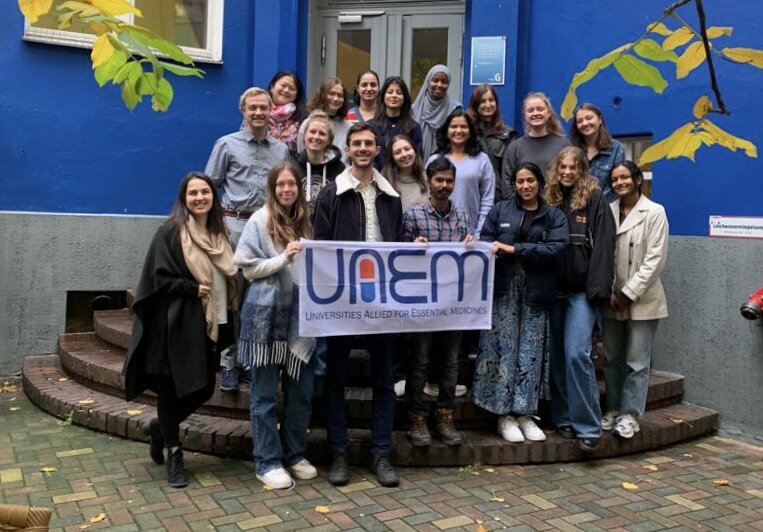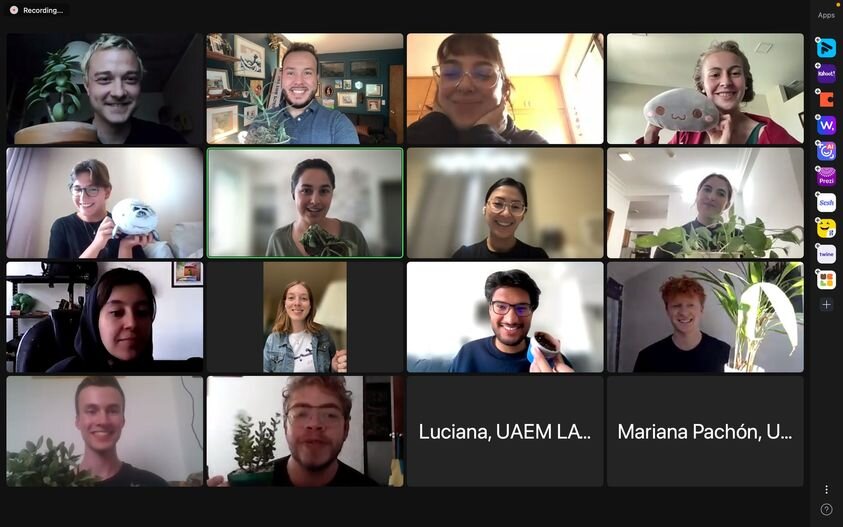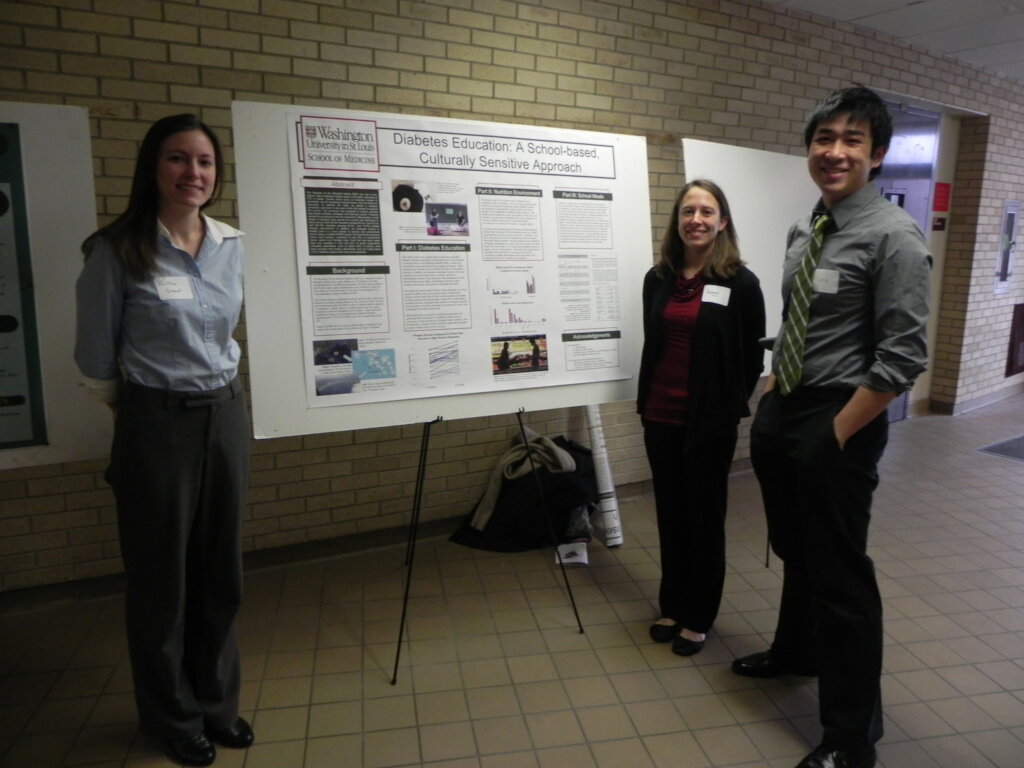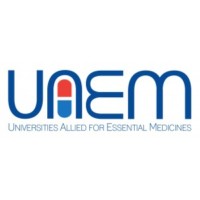




As a non-profit organization rooted in a global movement of university students, UAEM aims to (1) promote access to medicines and medical innovations where barriers exist primarily by changing norms and practices around academic patenting and licensing, supported by our own independent research, (2) ensure that university medical research meets the needs of people worldwide and actively supports the creation of new needs-based approaches to R&D and (3) empower students to respond to the biomedical access and innovation crisis by advocating for the most promising global biomedical R&D system that works for all.





Each of GlobalGiving’s nonprofit partners is required to send quarterly donor reports detailing the impact of their work. Here are some of their recent updates:
By Justin Mendoza | Executive Director
As 2024 gets started, our Innovation Fund project is still gearing up. This March 29-31, UAEM will host our north America conference at Johns Hopkins University, and will unveil applications for... Read the full report ›By Anna Peiris | Executive Director
UAEM's initiatives in the 2023/24 Winter Semester have showcased diverse successes, aimed at fostering a new wave of advocates and raising awareness around access challenges. The... Read the full report ›By Justin Mendoza | Executive Director
The UAEM Innovation fund is a project that will transform biomedical research and development as we know it -- maybe my story can help you see why. Long before I became UAEM's executive... Read the full report ›